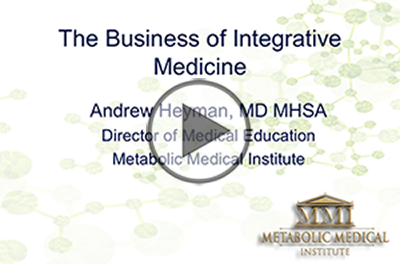For many, the first of January means a new year, a clean slate, and lots of possibilities on the horizon. For many more, this also means it’s time to make a New Year’s resolution.
The most common New Year’s resolutions are to lose weight and improve one’s financial situation. According to the American Heart Association, over 154 million American adults are overweight or obese. Many people just decide they are going to lose 10, 15, 20 pounds without any sort of plan of how to do so. Slowly working towards your goals and setting a timeline will prevent you from getting discouraged early in the process and will allow you to see positive results over time. A TIME Magazine article states “Content of the resolution doesn’t matter as much as how the resolution is set…you can approach a health goal in a way that guarantees failure or approach it in a way that will guarantee success.”
- Set realistic goals- If New Year’s resolutions were easy to maintain, everyone would look like supermodels, be filthy rich, be world travelers, experts at their hobbies, and be completely stress-free. Achieving goals means setting realistic expectations. For example, if you’re 30 pounds overweight, don’t expect to lose 30 pounds right away just because you’re ready to. It takes time, strategy and extreme commitment.
- Keep yourself accountable- Have a friend or family member check in with you and keep you responsible for your goal.
- Be strategic- Know what works for you. For example, if you know you’re going to have to work late one week, get your workouts done in the morning. Another example, if you’re trying to save money- dedicate a specific percentage of every paycheck to your savings account, set weekly grocery budgets, etc.
- Reward yourself- While consistency with a New Year’s resolution is important, don’t be too hard on yourself. Depriving yourself of a piece of birthday cake while everyone else around you is enjoying one, is cruel torture. Have a small piece, and make sure you get your exercise in that day.
- Be optimistic- Know that you can do it. Being your own worst enemy isn’t helping anyone, you’ll get discouraged way easier. A Positive attitude can go a long way.
Resolving to make a major life change without any thought or goals involved, is basically setting yourself up for failure. New Year’s resolutions are a great opportunity to change something you don’t like about yourself but they get a bad rep because their success rate is not always great. Gradual, consistent progress is a sure way to ensure triumph, no matter what you want the end result to be.


